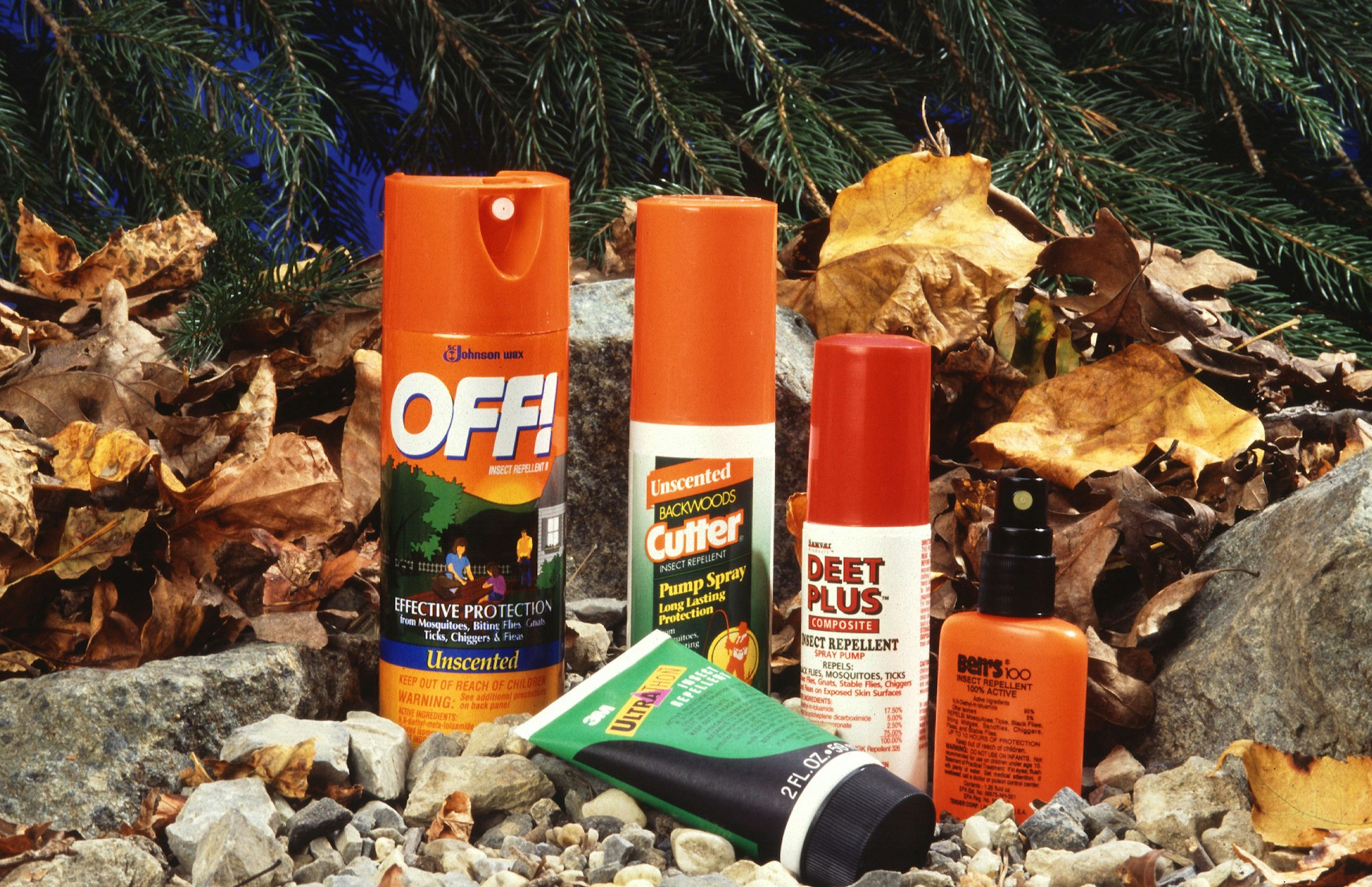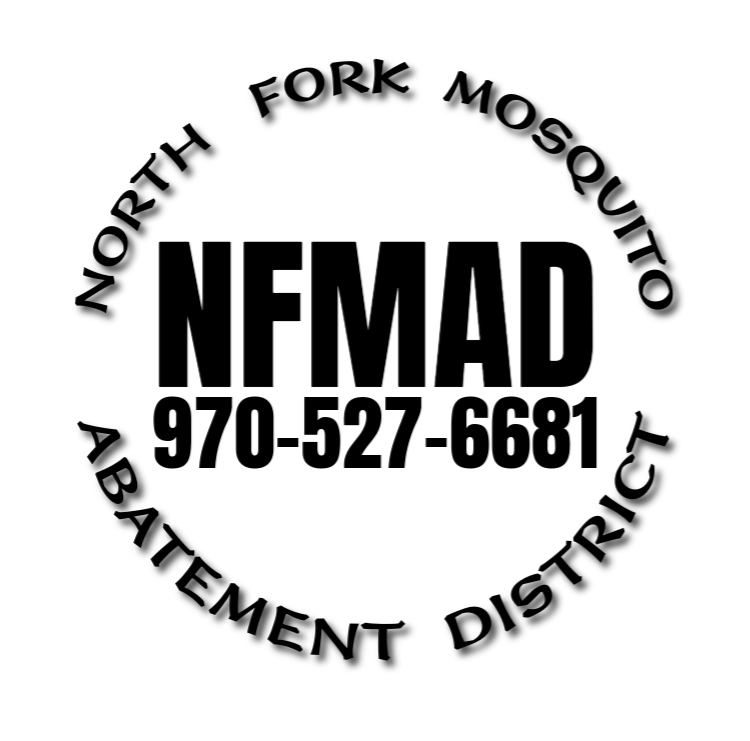Bite Prevention

NFMAD reminds residents and visitors to avoid being bitten by mosquitoes and to take basic precautions to help limit exposure.
Mosquito Bite Prevention
Using the right insect repellent and other preventive actions can discourage mosquitoes from landing on you. Follow these Drain and Cover tips to help prevent mosquito bites.
Drain water from outside areas to reduce the number of places mosquitoes can lay their eggs and breed.
- Drain water from garbage cans, house gutters, buckets, pool covers, coolers, toys, flowerpots or any other containers where sprinkler or rainwater has collected.
- Discard old tires, bottles, pots, broken appliances and other items not being used.
- Empty and clean birdbaths and pets’ water bowls at least twice a week.
- Protect boats and vehicles from rain with tarps that do not accumulate water.
- Maintain swimming pools in good condition and chlorinated. Empty plastic swimming pools when not in use.
Cover with protective clothing while outdoors and keep doors and windows closed to prevent mosquitoes from going indoors.
- Wear shoes, socks, long pants and long sleeves while outside when and where mosquitoes are most prevalent to discourage mosquitoes from biting.
- Apply insect repellent that contains DEET (10-30%), picaridin, oil of lemon eucalyptus, para-menthane-diol, 2-undecanone or IR3535.
- Treat clothing and gear with products containing 0.5%. Do not apply permethrin directly to skin. Some sports clothing and gear come pre-treated with permethrin.
- Use mosquito netting to protect children younger than 2 months old.
- Check and repair screens on doors and windows. Keep them closed and use air conditioning when possible.
- Make sure window screens are in good repair to reduce the chance of mosquitoes indoors.
Tips on Using Repellent
- For both mosquitoes and ticks, use insect repellent approved by the Environmental Protection Agency (EPA) on exposed skin and clothing. EPA’s helpful search tool can help you find the product that best suits your needs.
- Follow instructions on the product label, especially if you’re applying it to children.
- Apply insect repellent to exposed skin, or onto clothing, but not under clothing.
- Always follow instructions when applying insect repellent to children and do not use repellents with DEET on babies younger than 2 months or oil of lemon eucalyptus on children under 3 years old.
- Avoid applying repellents to the hands of children. Adults should apply repellent first to their own hands and then transfer it to the child’s skin and clothing.

Travel Tips
Mosquitoes spread viruses and parasites that cause diseases. Before you travel to areas wherein mosquito-borne diseases are found, talk to your healthcare provider about your health concerns.
Mosquitoes need standing water to reproduce, so you may want to consider planning your travels to tropical regions during the dry season when mosquitoes are less prevalent. That’s not to say that there are no mosquitoes outside of the rainy season, but higher temperatures and fewer puddles in which to breed, make them considerably less active.
Visit the Centers for Disease Control and Prevention website for more information on the safe use of repellent.

